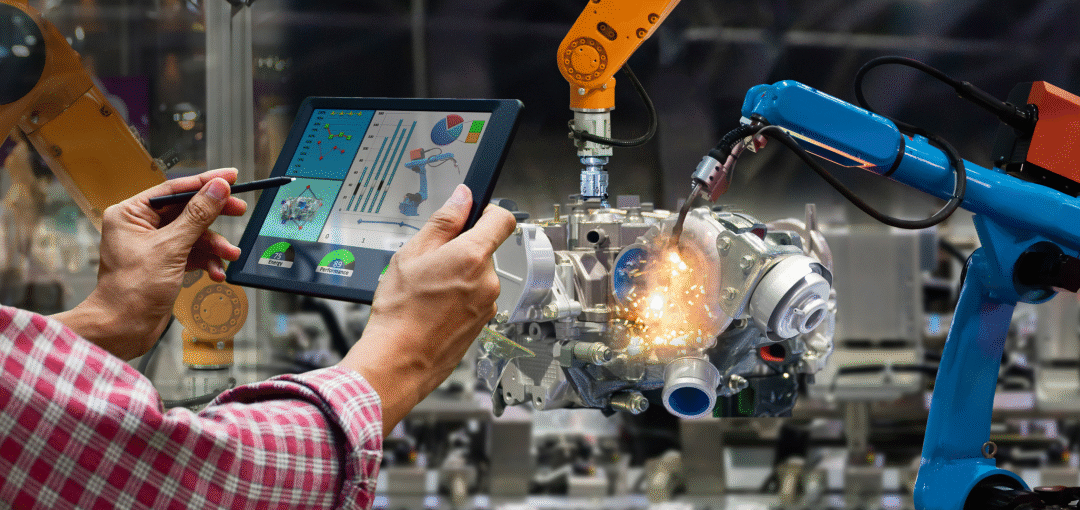Mechanical engineering is one of the most versatile and impactful engineering disciplines, playing a key role in industries ranging from aerospace to manufacturing. But what does a mechanical engineering manager actually do? While it may seem like the job is only about supervising engineers, the role is far more nuanced and critical to the success of large technical projects. This blog explores the diverse responsibilities of a mechanical engineering manager through real-world examples and case studies that highlight their strategic importance.
Core Responsibilities of Mechanical Engineering Manager
A mechanical engineering manager oversees teams of engineers involved in the design, development, testing, and manufacturing of mechanical systems. They are responsible not only for technical oversight but also for aligning engineering tasks with business goals. Their duties typically include:
- Planning and prioritizing engineering projects
- Allocating resources and budgets
- Mentoring junior engineers
- Ensuring compliance with safety and industry standards
- Communicating with stakeholders and cross-functional teams
But to truly understand what a mechanical engineering manager does, let’s dive into some compelling case studies.
Case Study 1: Automotive Industry – From Concept to Production
In an automotive company developing a next-generation electric vehicle, the mechanical engineering manager was tasked with reducing the vehicle’s overall weight to improve battery performance. Rather than only delegating this to a team of designers, the manager initiated a cross-functional collaboration between materials engineers, suppliers, and the design team. The result? The adoption of high-strength, lightweight aluminum alloys reduced the car’s body weight by 12%—extending battery range by 18%.
This outcome wasn’t just technical—it was strategic. The manager’s ability to coordinate and balance innovation with manufacturability highlighted their value as a decision-maker, not just a supervisor.

Case Study 2: Medical Devices – Saving Time and Lives
At a medical device startup, timelines are tight and compliance is critical. The mechanical engineering manager was responsible for leading the redesign of a compact insulin pump. A failure in the prototype phase would have delayed the FDA approval by six months. By implementing Agile project management techniques and involving end users (doctors and patients) early in the design cycle, the manager enabled real-time feedback and rapid prototyping.
The pump was not only approved earlier than expected but also received industry acclaim for its ergonomic design. Here, the manager wasn’t just directing work, they were driving innovation and ensuring user-centric development.

Case Study 3: Aerospace – Managing Failure and Recovery
In aerospace, failure is not an option—but it still happens. A engineering manager at a satellite development firm had to manage a crisis when a high-torque actuator failed during vibration testing. Instead of halting the project, the manager orchestrated a root-cause analysis task force while simultaneously sourcing backup components. By balancing investigation and production, the team avoided a six-week delay and learned how to build more robust actuators in the process.
This real-world example shows that he/she is also a risk manager—proactively solving problems before they escalate.

The Evolving Role in the Age of Automation and AI
As AI, IoT, and automation technologies integrate into mechanical systems, the role of the mechanical engineering manager is expanding. They now need to understand not just mechanical design but also data analytics, control systems, and software integration. Managers must lead multidisciplinary teams and ensure that mechanical components work flawlessly with digital technologies.
For example, in a smart manufacturing plant, he oversees the integration of robotic arms, sensors, and predictive maintenance algorithms. It’s a role that demands both breadth and depth of knowledge.

Conclusion
So, what does a mechanical engineering manager do? As we’ve seen through these examples, they are technical leaders, project coordinators, mentors, and strategists. Their influence spans design rooms, boardrooms, and factory floors. They ensure that complex systems are not only built but also functional, cost-effective, and aligned with broader goals.
Whether managing a team of engineers, solving a last-minute crisis, or integrating new technologies, the mechanical engineering manager plays a vital role in shaping the future of products we use every day.
FAQ’s
Q1: What is the role of an engineering manager?
A: A mechanical engineering manager oversees engineering projects, manages teams, ensures compliance with standards, and aligns technical efforts with business objectives.
Q2: What industries hire mechanical engineering managers?
A: Mechanical engineering managers are hired across industries such as automotive, aerospace, manufacturing, medical devices, and energy sectors.
Q3: What skills are essential for a mechanical engineering manager?
A: Key skills include project management, team leadership, mechanical design expertise, budgeting, cross-functional collaboration, and risk management.
Q4: How is a mechanical engineering manager different from a senior engineer?
A: While a senior engineer focuses more on technical tasks, a mechanical engineering manager combines engineering knowledge with strategic leadership and project coordination.
Q5: Can mechanical engineering managers work in AI or automation?
A: Yes, with the rise of Industry 4.0, many mechanical engineering managers now oversee projects that include AI, robotics, IoT, and smart manufacturing systems.

